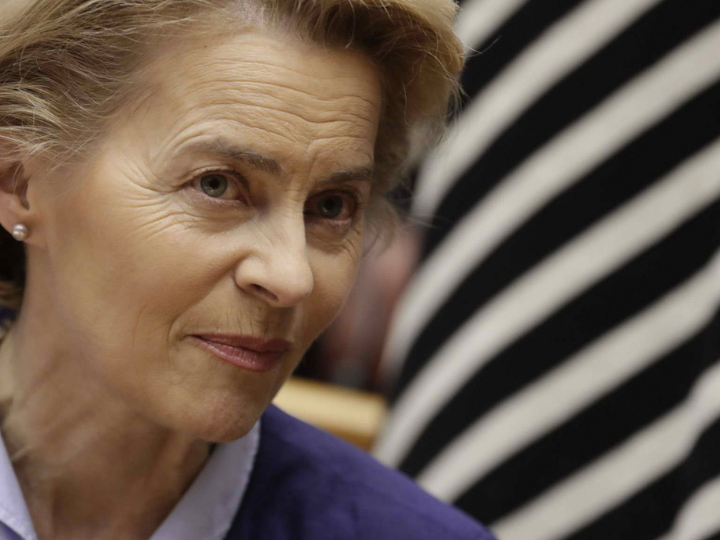By
Giles Merritt
The strange thing about Europe's 'ageing crisis' is its theoretical quality. Everyone knows about ageing, but because it's both invisible and fairly distant, no one has done much to confront its consequences.
Now this largely unseen crisis is starting to bite and will soon be sinking its sharp teeth into our cosseted lifestyles. We all knew that healthcare costs were going to rise, but few people realised that already there are fewer and fewer doctors and nurses to look after them.
This shouldn't come as a surprise. When a crisis has been predicted so many years in advance, its eruption reveals serious policy failures. The EU is headed for healthcare deficiencies that will affect most of its half a billion citizens.
For more than a decade, healthcare workers from doctors to hospital administrators have been warning EU governments that by 2025 there will be a dire shortage of qualified professionals. From top-flight surgeons to relatively humdrum nurses, there simply won't be enough of them.
The twin causes are mounting waves of retirement and not enough medical training resources. In line with the general trend in ageing Europe, healthcare workers are retiring in unprecedented numbers. That is being aggravated by a failure of national health authorities to increase the numbers of medical students and trainee nurses.
The most striking example of this snowballing crisis is Austria, where some 40% of the country's doctors will retire over the next six or seven years. To varying degrees, much the same is true in all the EU's member states.
It's not as if Brussels hasn't given enough warning. Governments have been alerted to the fact that the 'market forces' of free movement across the EU's national frontiers won't be able to top up the needs of any one country. EU-wide shortages are now accelerating, so by next year today's 1.8 million qualified doctors in Europe will have shrunk by 230,000 to 1.57 million.
Back in 2006, the WHO-backed European Observatory on Health Systems warned that demographic change meant serious trouble. Two years after that, the European Commission followed up with a Green Paper it hoped would stimulate discussion of the approaching crisis. In 2012, the Commission went on to unveil an 'Action Plan'. None of these initiatives prompted much action from national policymakers.
In France, for example, there are already 10% fewer general practitioners - family doctors - than 10 years ago. The UK's situation is even worse. Long a major importer of doctors and healthcare workers, Britain's NHS will need by 2027 to have hired 190,000 more doctors, with a similar shortage of nurses and ancillary workers. The EU's 'Big Bang' enlargement in 2004 brought the UK many health workers from central and eastern Europe, but with Brexit they are now looking elsewhere.
The growing dearth of medics is only half of the problem. Europe's ageing is the other, with elderly populations requiring more care and an ever-larger share of public spending. E-health - the use of new technologies to diagnose and treat people at distance - is likely to be only a partial answer.
Rather than wait for the unknowable effects of a digital magic wand, the EU and its governments should focus on two practical solutions. The first is an urgent no-expense-spared increase in training. The other is to delay retirements. Both answers require cash. Higher starting salaries and better conditions for junior doctors could boost the ranks of medical students to stop the healthcare crisis from becoming uncontrollable.
The retirements problem is already getting out of hand. In 2005, only 27% of Europe's doctors were over-55, but by 2016 that proportion had grown to 38%. In Italy it has reached 52%. Temptingly higher pensions that kick in only for those taking late retirement could help slow the departure of many older doctors.
Europeans have become accustomed to living longer and better. Thanks to widespread failures of public policy, though, they cannot take this for granted.
*First published friendsofeurope.org




 By: N. Peter Kramer
By: N. Peter Kramer
